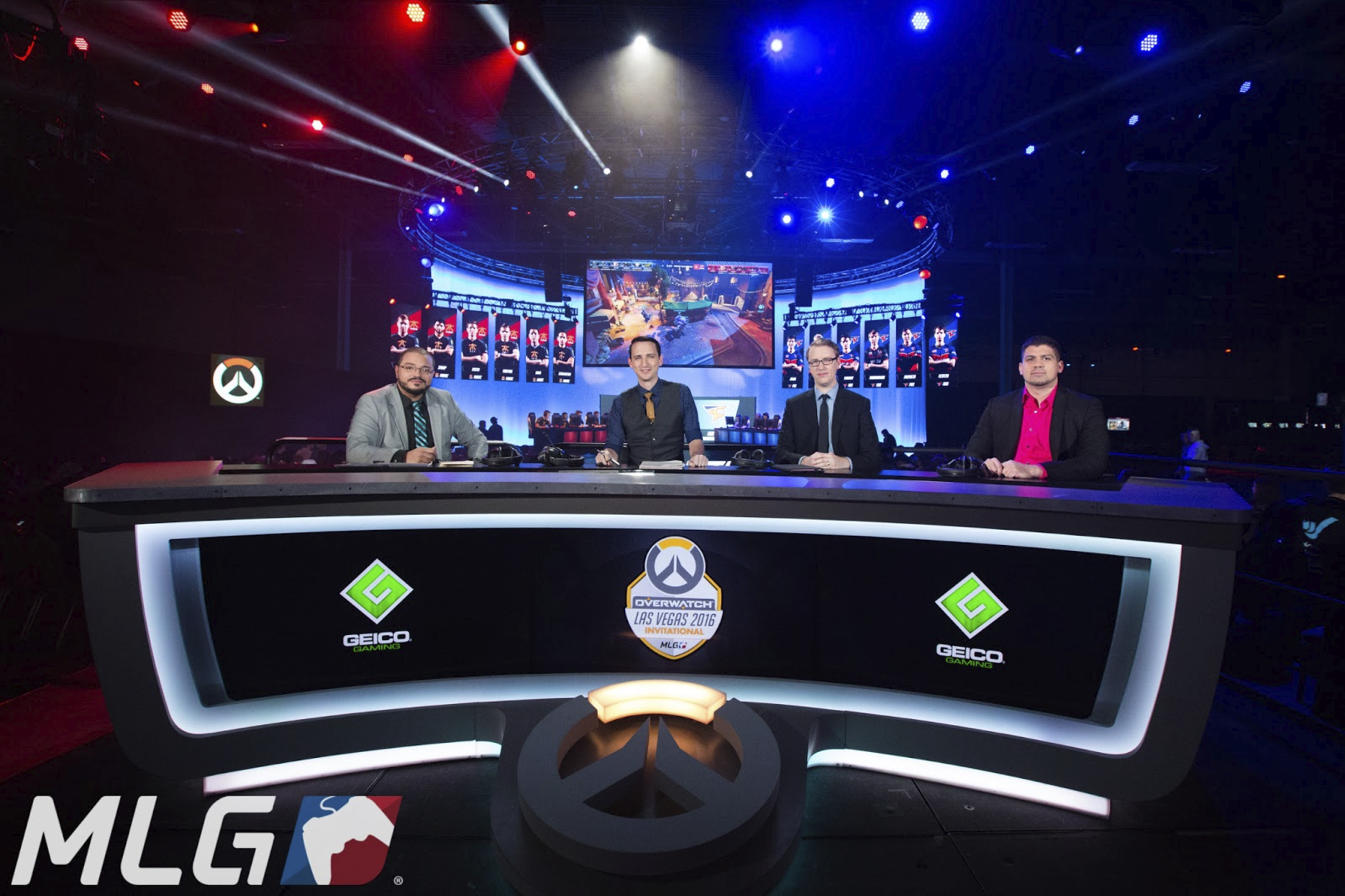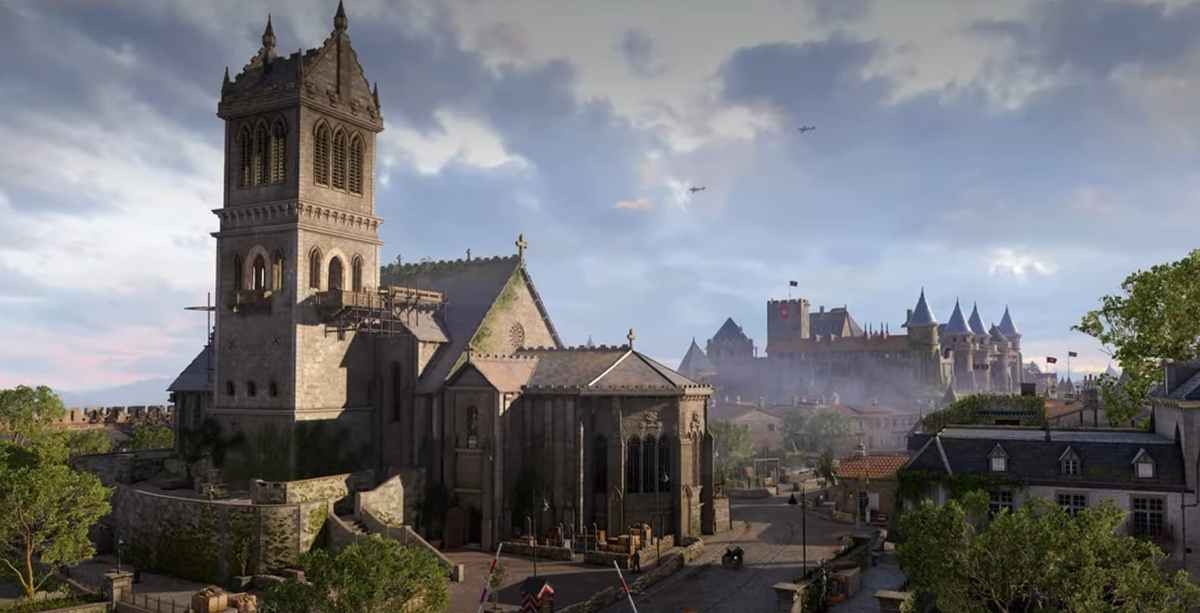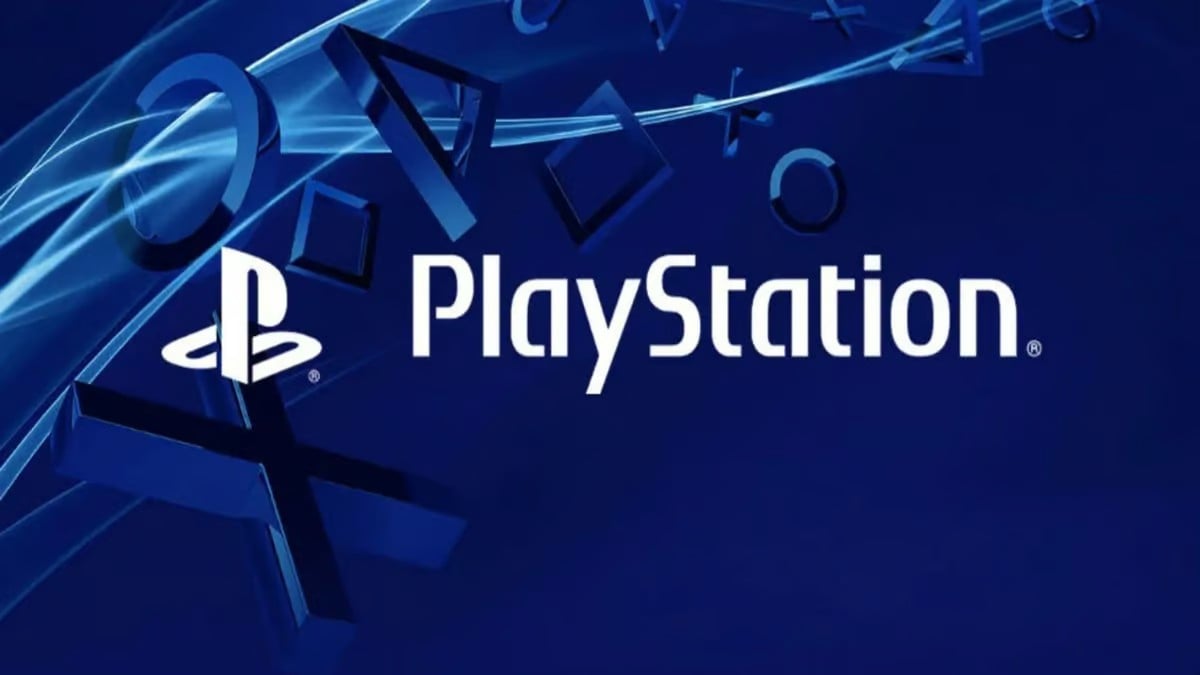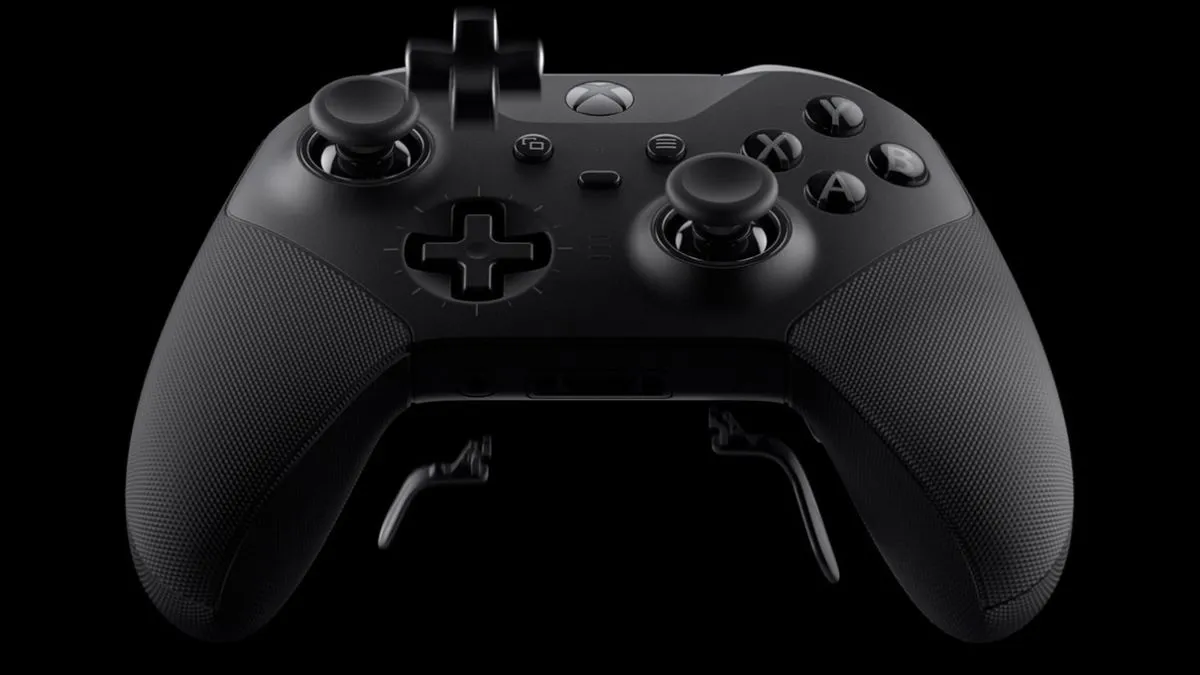Cut to the analyst desk. Fnatic is up 2-1 in a match against FaZe Clan at the Major League Gaming Overwatch Invitational in January. Suddenly FaZe comes out of nowhere and grabs a clutch point, keeping themselves in the match. The analysts are stunned.
“FaZe had no business almost winning King’s Row, to be honest, and they did,” former professional Overwatch player and newly-minted analyst Matt “flame” Rodriguez says at the desk. “Their backs were against the wall on Volskaya and they made a miraculous six-minute hold. I don’t know where to put them. They’re playing at the level of everyone they compete with, but they’re never going above and beyond.”
MLG Vegas was flame’s first major event as a caster and analyst, though he’s been involved in Overwatch in some capacity since the game’s closed beta over a year ago. And that gives him a unique advantage in his analysis: As a top-level flex player—flame played on Splyce’s early Overwatch roster—he has a different mindset and distinct insight into competitive play.
Software engineer by day, Overwatch analyst by night.
“Playing the game is a big part of learning it for me,” flame told Dot Esports. “I think as time goes on, the casting scene will need to put in more hours as a player to add to their understanding of why heroes were picked and why ultimates were used.”
Only officially released in May, Overwatch is an emerging esport. All Overwatch casters are relatively new to the scene, with voices struggling to prove themselves as the definitive voice of Overwatch esports. “Anyone can say things like X or Y is good or bad, but very few right now can give you a full breakdown to explain why X or Y is good or bad,” flame said. “From a MOBA standpoint, there is a lot that goes into this game on a macro level that I don’t think a lot of talent at the moment fully understands.”
Overwatch is unique. From first glance, the game is a hero-based shooter with a first person perspective but its elements of ability management and cooldown add complexity to the baseline shooter. It’s an arena shooter with MOBA elements, making it often a hard game to categorize.
Casters and analysts who’ve been studying the game since the early beta, which unfolded months before Overwatch’s official release, have a massive advantage in untangling the game’s “weird nuances” and timings, flame said.
“I do feel as though I’ve put myself in a good spot in terms of definitiveness,” flame said. “Obviously I can be wrong, and I have been wrong. I think the strength I have though is being able to converse with any of the top players at will about something, and having them ask me for guidance/help is a massive contributor to my own confidence level when speaking about the game.”
Establishing that confidence and backing up his information is essential for flame in moving past his mistakes.
There is something flame believes could help all casters and analysts in that regard: Replays. “Not having replays really makes it hard for especially me to go back and watch a game and figure out the smaller decisions that led to the bigger picture,” he said.
Overwatch’s spectator options are less than ideal, though that’ll eventually change. For now, casters and analysts are stuck with what they’re given, and that’s analysis straight from a live game or capturing video through external sources. But the problem there is that casters and analysts are at the mercy of their in-game spectators and where they choose to throw their attention.
But flame’s gotten used to it, as that’s usually his only option—being bound to someone else as a spectator. It’s been a while since flame’s been hired to weigh in on professional Overwatch matches. Instead, he’s been creating content on his own YouTube channel and casting over established tournaments on his Discord channel. And even if he wanted to hit every event, it’s a challenge: Flame has a full-time job as a software engineer, balancing that with being a dog-dad and a home owner. He can’t make analysis full-time unless it pays enough to take care of real life.
Discord casting and content creation on YouTube is his only option right now. “I don’t really have anywhere else to go, if that makes sense,” flame said. “Discord casting and analysis was kind of a natural progression. From a viewer and fan base perspective, I feel that it’s my only route to success. I don’t have a big following from other games or a lot of experience working events like a lot of the big-name talent in Overwatch right now does.”
It’s a grind. Working a regular, nine-to-five job is enough of a drain. But as an Overwatch caster and analyst, that’s an additional hours added on top of that, mostly alone. What flame does—casting unofficially online and creating YouTube content—is lonely.
“Spectating online can be exhausting,” he said. “Doing it live at MLG was incredible just because everyone there was so supportive and into the games that you had people to talk to and keep you energized throughout the day,” regardless of how long those days were.
“There is a lot that goes into this game on a macro level that I don’t think a lot of talent at the moment fully understands.” — flame
Long hours online don’t offer that same energy. “There’s non stop watching matches, thinking about matching, noticing trends, and then putting out content,” he said. “The more you grind the better you get and the more likely it is for other people to take notice and interest in what you’re doing.”
And so he’ll continue doing just that—software engineer by day, Overwatch analyst by night. Sure, casting and analysis full-time is the ultimate goal, but flame is set on staying involved regardless.
“I think it’s too important to me that this scene succeeds just because of how close I am with a lot of the talent and players on a personal level,” he said. “I would like to be able to shape it for success in any way I can.”






Published: Feb 21, 2017 09:50 am